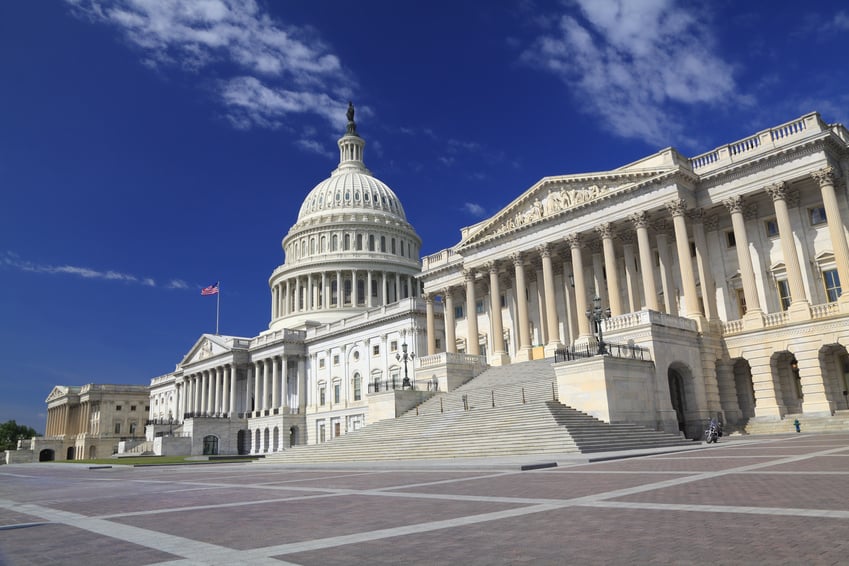Last week the SEC published new proposed rules and amendments to address certain conflicts of interest associated with the use of Predictive Data Analytics by broker-dealers and investment advisers in interactions with investors. The wide-ranging proposal would require firms to implement detailed policies and procedures to identify and “eliminate or neutralize” the effects of such conflicts of interest.
On 13 July 2023, Judge Analisa Torres of the Southern District of New York issued an Order on competing motions for summary judgment in the closely followed SEC v. Ripple Labs, Inc. litigation. As the first court decision to broadly address the question of whether a cryptocurrency itself is a security, as the SEC has maintained in most circumstances, the Order may have broad implications to the state of crypto industry regulation in the US.
In this edition of Bite-size Briefings, we take a bite-size look at the latest developments concerning AI regulation as it affects financial services in Australia, the EU, Hong Kong SAR, Thailand, the UK and the US.
In the latest episode of Baker McKenzie’s global financial institutions industry podcast, Jonathan Peddie and Amy Greer go through the findings relevant for financial institutions from Baker McKenzie’s report The Year Ahead: Global Disputes Forecast 2023. The episode examines the expected types of disputes and the external risks for disputes throughout the rest of the year.
On 14 December 2022, the Securities and Exchange Commission proposed four separate rulemakings under the Securities Exchange Act of 1934 that would create a federally defined best execution standard for broker-dealers and overhaul the US equities market structure. If adopted in their current form, these proposals would meaningfully impact market participants and practices. Given the nearly 1,700 pages of combined rules proposals, firms may need to devote significant resources just to digest their potential impact on particular business models. In a series of Client Alerts, baker McKenzie associates attempt to dissect each of these Market Structure Proposals. This Client Alert provides an overview, insights, and key takeaways for the Order Competition Rule Proposal.
On 14 December 2022, the Securities and Exchange Commission proposed four separate rulemakings under the Securities Exchange Act of 1934 that would create a federally defined best execution standard for broker-dealers and overhaul the US equities market structure. If adopted in their current form, these proposals would meaningfully impact market participants and practices. Given the nearly 1,700 pages of combined rules proposals, firms may need to devote significant resources just to digest their potential impact on particular business models.
In the wake of last month’s collapse of the TerraUSD token, a broad array of regulators and government officials have attempted to introduce a legal framework around stablecoins. Last week, Senators Lummis and Gillibrand introduced a bill into the US Congress that would, among other things set requirements for the amount of backing assets stablecoin issuers would be required to hold.
This edition of Bite-size Briefings explores the regulation of crypto (or digital) assets across a number of jurisdictions: Australia, Brazil, Hong Kong SAR, Singapore, the UK and the US.
On 21 March 2022, the US Securities and Exchange Commission issued its long-awaited proposed rules that, if adopted as currently drafted, would mandate both domestic and foreign registrants to make a variety of climate-related impacts and risk disclosures in registration statements and annual filings under the Securities Exchange Act of 1934.
On 9 March 2022, the US Securities and Exchange Commission proposed amendments to its rules on disclosures regarding cybersecurity risk management, strategy, governance, and incident reporting by public companies. These rules are intended to enhance and standardize cybersecurity disclosures, and, if adopted in their current form, would require public companies to disclose cybersecurity-related policies, procedures and all material cybersecurity incidents.








